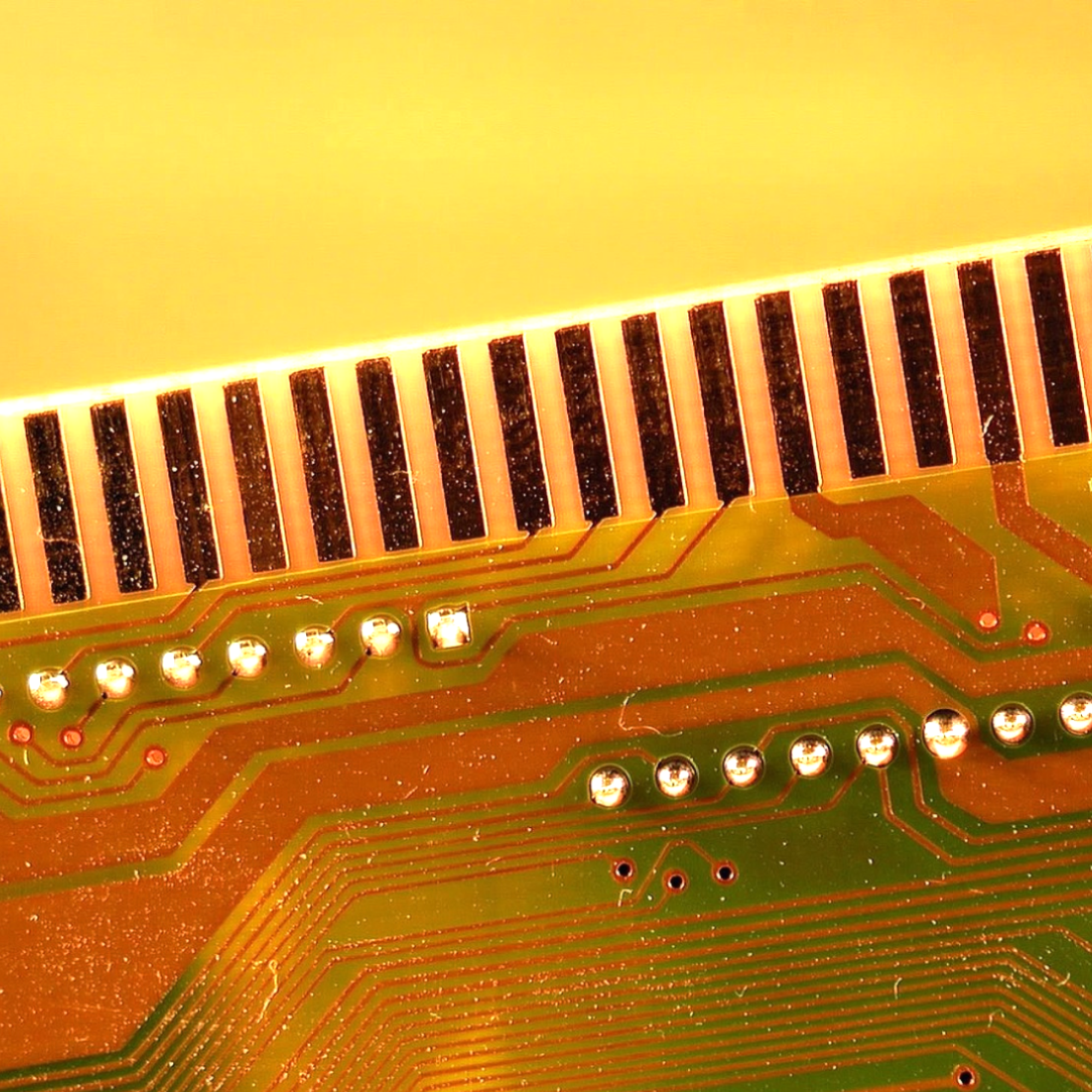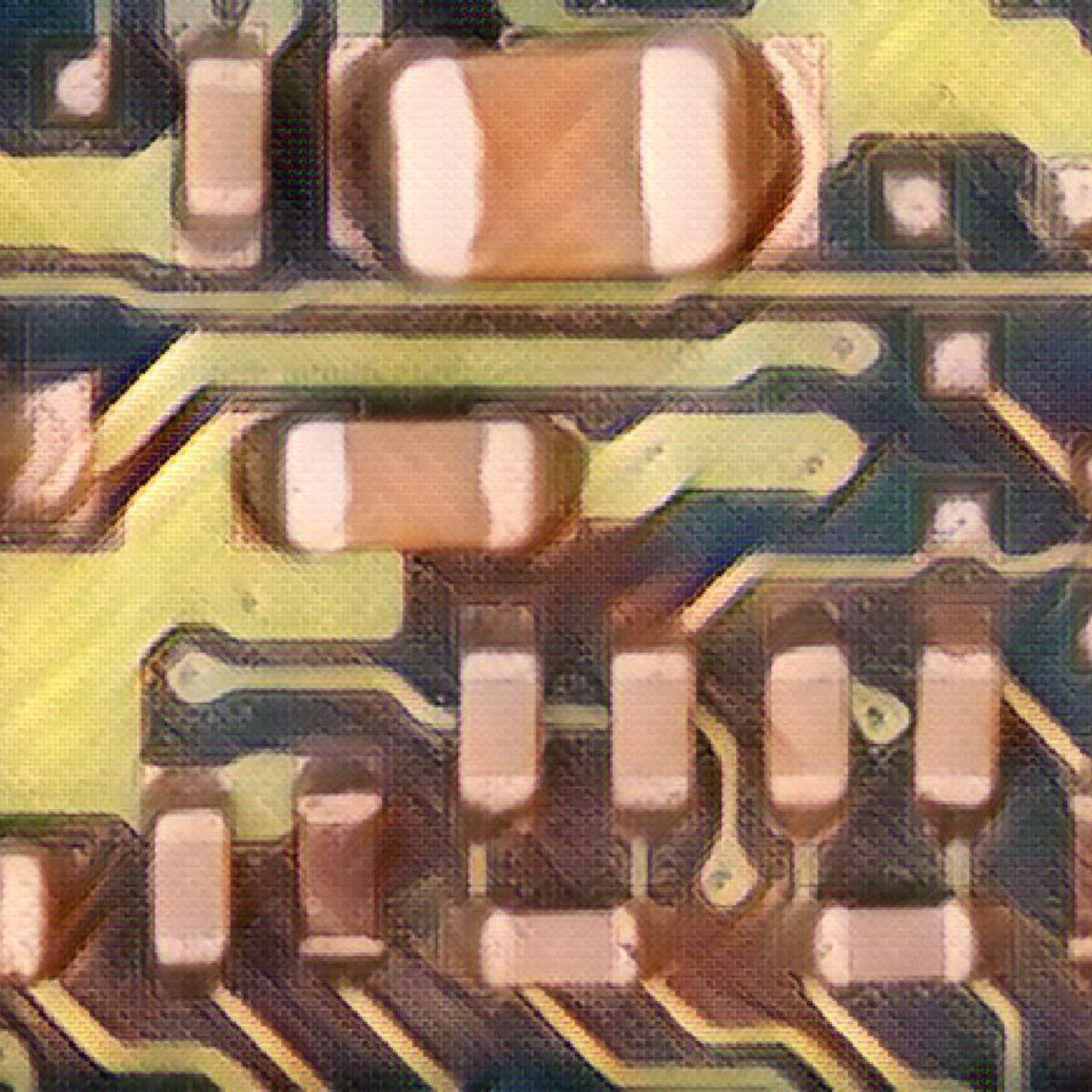Norah Rami on gamification as a tool for data production. This is part one of a two-part series.
Last summer, I got addicted to Duolingo. I can now admit that at a certain point learning Hindi—my in-app chosen language—became entirely irrelevant. It was all about my streak. And my experience points, and whatever those stupid blue gems were supposed to represent.
Games were supposed to save the world. Silicon Valley adopted “gamification” with the promise of making it just as enticing to combat climate change, obesity, and low productivity as it was to fight monsters in World of Warcraft. Now, gamification is everywhere, like that pesky green owl bombarding your phone with threats. At its best, gamification creates digital avatars of data that track our accomplishments. At its worst, tech companies prey on and exploit users’ psychological biases, trapping them in the platform at the cost of their privacy and agency. Now, that’s not very fun.
Games were supposed to save the world.
Anthropologists have yet to settle on a single definition of “games.” Risk allows you the space to exercise your urge for world domination. Scrabble stretches your word recognition skills. War is a no-skills-required way to pass the time. Hopscotch brings together the neighborhood. Soccer is an international language. The quiet game is the perfect way to get your sister to shut up. The challenge is to trace the throughline in these complex arrangements of play and rules to establish a coherent category.
“To play a game is, on my account, to take on a new agency—an agency designed by somebody else. This might seem like a strange sort of subservience. When we play a game, we let it dictate the form of our agency for a while. We let others tell us what to focus on, what abilities to use—even what to care about,” writes philosopher C. Thi Nguyen in Games: Agency as Art. “Perhaps the insight that games work in the medium of agency reveals the problem at their heart: that playing games will inevitably erode our autonomy.”
|  | Dec 28, 2023 |
|
|  | Dec 29, 2023 |
|
|  | Dec 12, 2024 |
|
|  | Dec 13, 2024 |
|





